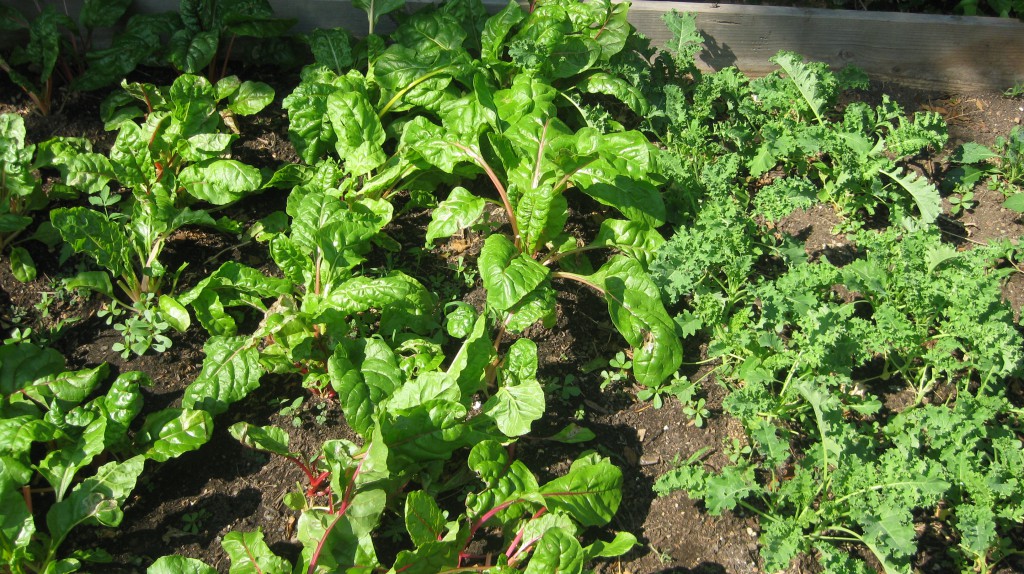Connections are made slowly, sometimes they grow underground.
You cannot tell always by looking what is happening.
More than half the tree is spread out in the soil under your feet.
Penetrate quietly as the earthworm that blows no trumpet.
Fight persistently as the creeper that brings down the tree.
Spread like the squash plant that overruns the garden.
Gnaw in the dark and use the sun to make sugar.
–from “The Seven of Pentacles” by Marge Piercy
Marge Piercy’s poem “The Seven of Pentacles,” quoted above, has been a touchstone for me in the midst of all aspects of book writing. It is easy to overlook the importance of process, and that my process doesn’t have to look like someone else’s. Because each book really is different, with its own temperament, its own demands.
At present I am making little running leaps at the beginning of a story that feels difficult to tell: the subject matter touches on raw places, emotionally, and the structure, as I’ve envisioned it, is more complex than I’ve dealt with in the past. My resistance to working is pretty strong, which tells me I’m on the right path, and also that things may not come together as quickly or easily as I might wish for.
The garden metaphor resonates with truth, on these days when tending my own small, suburban vegetable patch becomes an act of paying attention. Which plants need water? Which are weedy? Which are lavishly bearing fruit, and which just can’t even seem to sprout?
Would that the process of nurturing and harvesting words were as straightforward! Yet, the metaphor remains a powerful one. If my imagination is a growing thing, I need to permit it to flourish–to send its frail roots out into the rich, living soil, to douse it generously with water and nutrients, to let its sun-loving leaves bask all day long, Even if it is all for one beautiful tomato, or zucchini, or one exquisite clump of lettuce. Even if it is for the caterpillars and the night crawlers.

